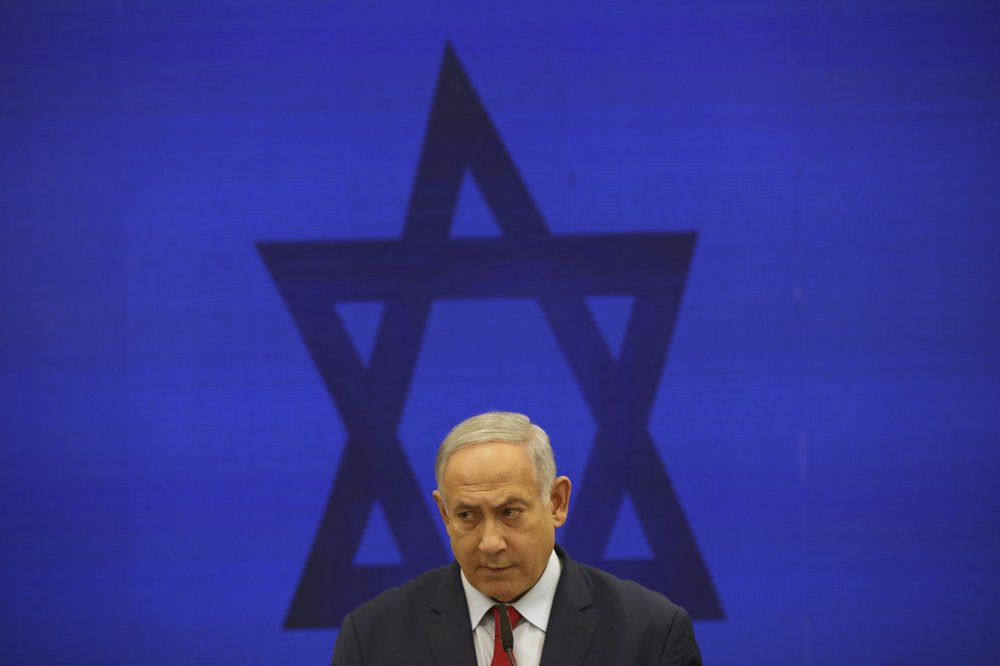Israel’s parliament on Monday approved the first major law in Prime Minister Benjamin Netanyahu’s contentious plan to overhaul the country’s justice system, triggering a new burst of mass protests and drawing accusations that he was pushing the country toward authoritarian rule.
The vote, passed unanimously by Netanyahu’s governing coalition after the opposition stormed out of the hall, deepened the fissures that have tested the delicate social ties that bind the country, rattled the cohesion of its powerful military and repeatedly drew concern from Israel’s closest ally, the United States.
It came just hours after Netanyahu was released from the hospital, where he had a pacemaker implanted, adding another dizzying twist to an already dramatic series of events.
Cracks are emerging in Israel’s military. Reservists threaten not to serve if government plan passes
As Netanyahu’s allies celebrated their victory and vowed to press ahead with more changes, thousands of protesters took to the streets of Jerusalem and Tel Aviv and opponents said they would challenge the new law in the Supreme Court.
“It’s a sad day,” opposition leader Yair Lapid said after the vote. “This is not a victory for the coalition. This is the destruction of Israeli democracy.”
The overhaul calls for sweeping changes aimed at curbing the powers of the judiciary, from limiting the Supreme Court’s ability to challenge parliamentary decisions to changing the way judges are selected.
Netanyahu and his allies say the changes strengthen democracy by limiting the authority of unelected judges and giving elected officials more powers over decision-making.
But protesters see the overhaul as a power grab fueled by personal and political grievances of Netanyahu — who is on trial for corruption charges — and his partners.
His allies, who include ultra-nationalist and ultra-religious parties, have called for increased West Bank settlement construction, annexation of the occupied territory, perpetuating military draft exemptions for ultra-Orthodox men, and limiting the rights of LGBTQ+ people and Palestinians.
The White House, which has repeatedly urged Netanyahu to pause his overhaul plan until he has a broad consensus, expressed regret. “It is unfortunate that the vote today took place with the slimmest possible majority,” it said.
Under the Israeli system, the prime minister governs through a majority coalition in parliament — in effect giving him control over the executive and legislative branches of government.
As a result, the Supreme Court plays a critical oversight role. Critics say that by seeking to weaken the judiciary, Netanyahu and his allies are trying to erode the country’s checks and balances and consolidate power over the third, independent branch of government.
In a televised address Monday night, Netanyahu rejected such criticism. “Today we did a necessary democratic act, an act that is intended to return a measure of balance between the branches of government,” he said.
He vowed to seek renewed dialogue with the political opposition and called for national unity. “Let us reach agreements,” he said. “I extend my hand in a call for peace and mutual respect between us.”
As he spoke, Israel’s Channel 13 TV showed a split screen with a police water cannon spraying crowds of protesters.
In Monday’s vote, lawmakers approved a measure that prevents judges from striking down government decisions on the basis they are “unreasonable.”
The government’s critics say removing the standard of reasonability opens the door to corruption and improper appointments of unqualified cronies to important positions. The Supreme Court, for instance, this year struck down Netanyahu’s appointment of a key ally for interior and finance minister as unreasonable because of past convictions for bribery and tax cheating.

